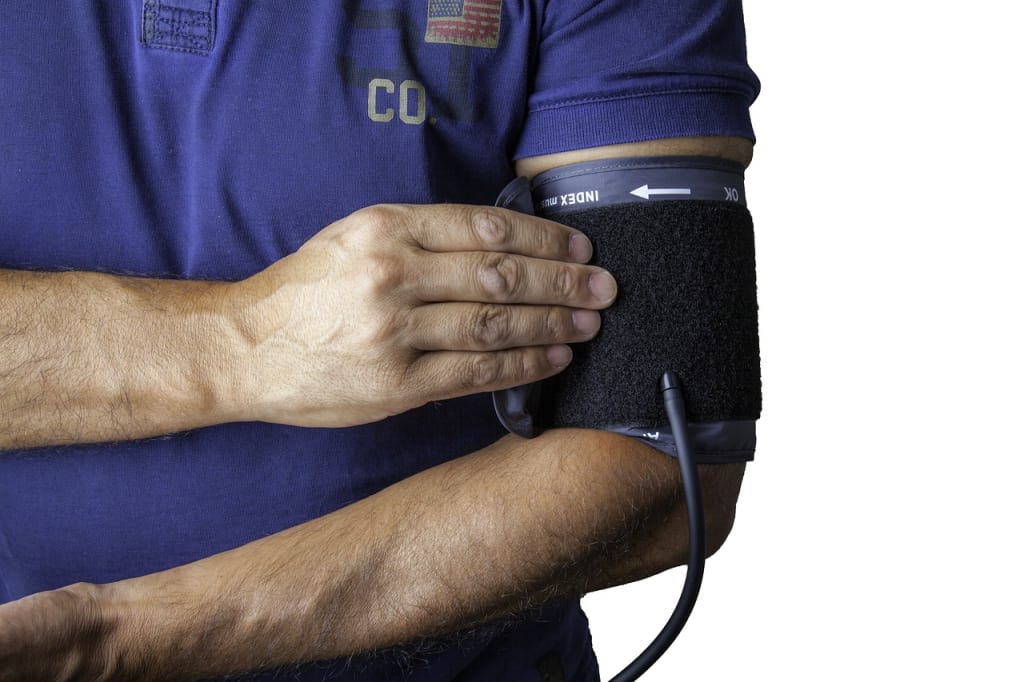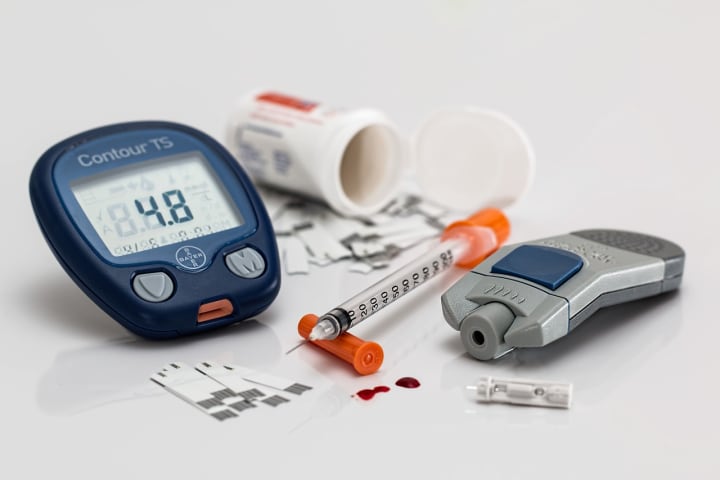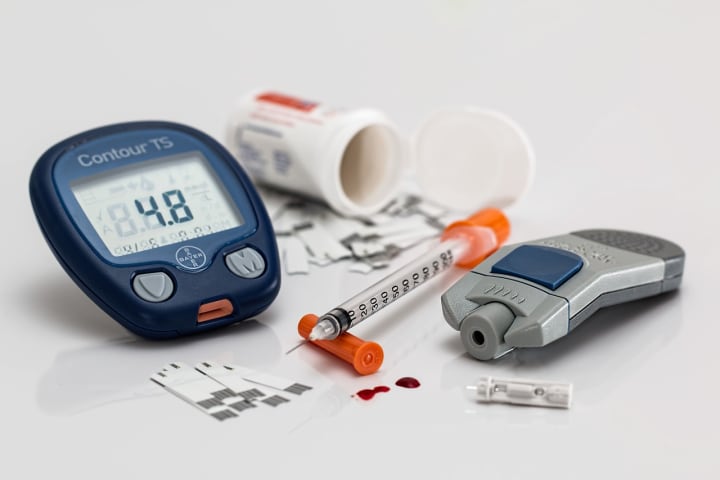Important Symptoms
11 Important Symptoms of High Blood Sugar to Watch

11 Important Symptoms of High Blood Sugar to Watch
High blood sugar, also known as hyperglycemia, occurs when the body has too much glucose (sugar) circulating in the bloodstream. This can happen for several reasons, including a lack of insulin, the hormone responsible for transporting glucose into cells, or insulin resistance, where cells become less responsive to insulin.
Here are 11 important symptoms of high blood sugar to watch for
## Increased Urination (Frequent Peeing
One of the most common symptoms of high blood sugar is frequent urination. When your blood sugar levels are high, the kidneys work overtime to filter out excess glucose from the blood. This leads to the production of more urine, resulting in frequent trips to the loo.
## Excessive Thirst (Feeling Constantly Dehydrated)Frequent urination can lead to dehydration, causing you to feel constantly thirsty. This is a vicious cycle, as drinking more fluids can further increase urination.

## Increased Hunger (Feeling Hungry Even After Eating
High blood sugar levels can interfere with the body's ability to use glucose for energy. This can leave your cells feeling starved, even after you've eaten, leading to increased hunger
## Unexplained Weight Los
Although high blood sugar can lead to increased hunger, it can also paradoxically cause weight loss. When the body can't use glucose for energy, it starts breaking down muscle and stored fat for fuel. This can lead to unintended weight loss
## Blurred Visio
High blood sugar can cause fluid to be drawn from the lenses in your eyes, affecting their ability to focus. This can lead to blurred vision, which may clear up once your blood sugar levels return to normal.
## Fatigue and Lethargy
High blood sugar levels can interfere with the body's ability to use glucose for energy, leading to fatigue and lethargy. You may feel tired and sluggish, even after a good night's sleep.# Slow-Healing Woun
High blood sugar levels can impair the body's ability to heal. This is because high blood sugar can damage blood vessels and nerves, making it difficult for nutrients and oxygen to reach wounds, slowing down the healing proces
## Frequent Skin Infection
High blood sugar levels can weaken the immune system, making you more susceptible to skin infections such as boils, carbuncles, and fungal infections like thrush.
## Fruity-Smelling Breat
When the body can't use glucose for energy, it may resort to breaking down fat for fuel. This process produces ketones, which can give your breath a fruity odou
## Difficulty Concentrati
High blood sugar levels can affect the brain, leading to difficulty concentrating, memory problems, and brain fog.## Tingling or Numbness in Hands and Fee
High blood sugar levels can damage nerves, leading to tingling or numbness in the hands and feet. This is a symptom of nerve damage called diabetic neuropathy, which can be a serious complication of high blood sugar
## Don't Ignore These Symptom
It's important not to ignore these symptoms of high blood sugar. If you experience any of these, it's crucial to see your doctor for proper diagnosis and treatment. Early detection and management of high blood sugar can help prevent serious health complications, such as heart disease, stroke, kidney disease, and nerve damage
## Seeking Medical Attenti
If you suspect you have high blood sugar, it's important to see your doctor. They will be able to measure your blood sugar levels and recommend a treatment plan based on your individual needs. This may include lifestyle changes, such as diet and exercise modifications, as well as medication like insulin or oral medication
## Conclusi

Understanding the signs and symptoms of high blood sugar is crucial for managing your health. By being aware of these symptoms and seeking medical attention promptly, you can help prevent complications associated with high blood sugar. It's important to remember that this information is not a substitute for professional medical advice. Always consult your doctor for diagnosis and treatment plans.
About the Creator
Enjoyed the story? Support the Creator.
Subscribe for free to receive all their stories in your feed. You could also pledge your support or give them a one-off tip, letting them know you appreciate their work.






Comments
There are no comments for this story
Be the first to respond and start the conversation.